In Focus
Mar 12, 2024
- Urban Management
A gender researcher discusses how to deal with sexual diversity, which requires all the more attention now
Professor Akitomo Shingae
Graduate School of Urban Management
In recent years, an increasing number of politicians and entertainers have openly identified themselves as sexual minorities. What is behind this increase in openness compared to a decade ago? Despite that increased openness, it cannot yet be said for sure that these issues are well understood. LGBTQ-related remarks often cause an uproar on social media. How should we confront gender and sexuality issues to create a better society? We asked gender researcher Akitomo Shingae, from the OMU Graduate School of Urban Management, for his advice on how to approach gender and sexual diversity.
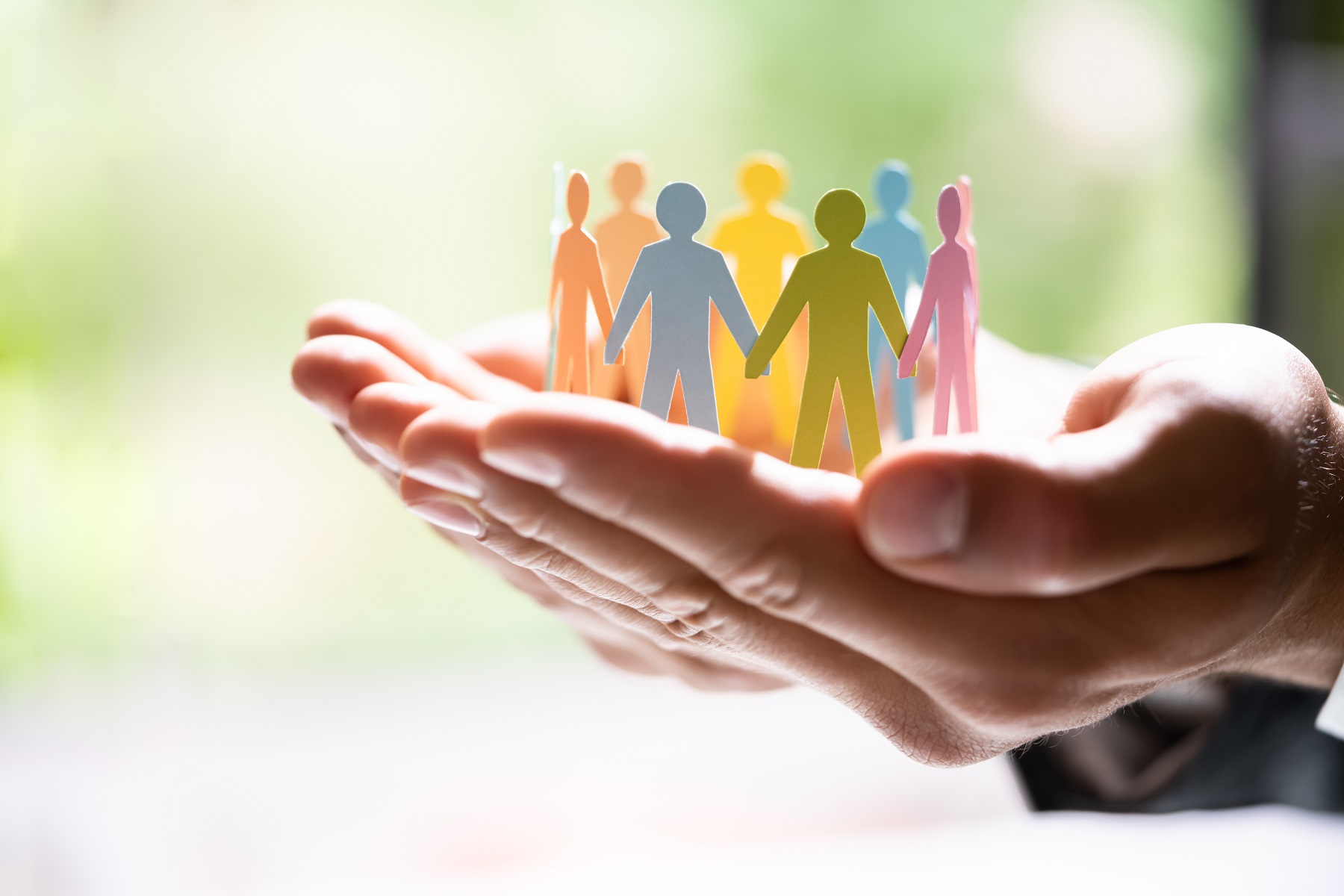
Although the partnership system is spreading, there is no legislation in place to support it
The term LGBT refers to sexual minorities. It stands for lesbian, gay, bisexual, and transgender, but the terms LGBTQ and LGBT+ are also commonly used these days.
The “Q” in LGBTQ stands for “queer” or “questioning.” Queer is hard to describe but refers to someone who does not fit neatly into heterosexual gender norms. Questioning is often used by people who are unsure of their gender identity and/or sexual orientation to refer to themselves. The term LGBT+ is sometimes used to include people who do not fit into the LGBTQ category, and + includes all people, including, for example, pansexuals, who are attracted to people of any gender identity, and X-gender people, who do not identify as either male or female.
There is an impression that topics related to sexual minorities have become more open than before. What movements have taken place behind society’s growing interest in these topics? According to Professor Shingae, the United Nations began to focus on treatment of sexual minorities as a human rights issue in the early 2010s.
In the same decade, Professor Shingae said, “Barack Obama, then president of the United States, declared in his policies that he would support LGBT people, and in 2015, same-sex marriage was recognized throughout the United States. That same year, the partnership system began in Japan as well, starting with Shibuya Ward, Tokyo, leading to a dramatic increase in media interest. I believe that with the Tokyo Olympics a few years away, there was also momentum to create a society that recognizes diversity in the host city.”
The partnership system has spread at an accelerated pace and is now in place in municipalities that account for about half of Japan’s total population. Nevertheless, there is no legal guarantee for this system.
“Municipalities merely approve the relationship,” explained Professor Shingae, “and this relationship does not have the same legal effect as heterosexual marriage in the first place. I am concerned that the more widespread this current system becomes, the more people will misunderstand that the development of laws is unnecessary. Japan is the only one of the G7 nations that still does not recognize same-sex marriage. The idea that ‘same-sex marriage is not permissible because it destroys existing family values’ is quite anachronistic from a global perspective and has been strongly criticized by the foreign media. I feel that Japan has made no progress at all in the legal aspect.”
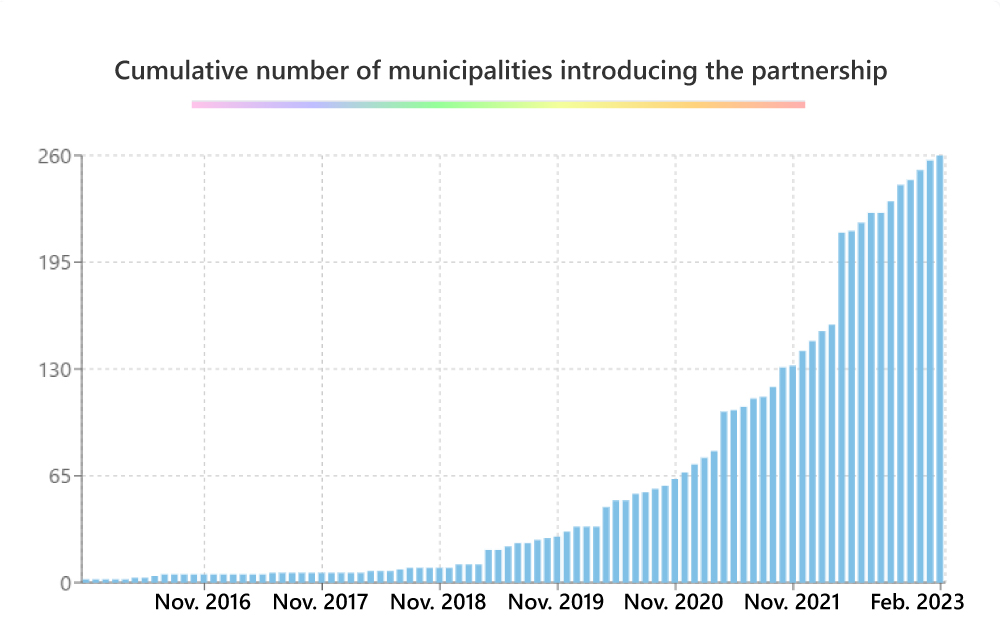
The number of municipalities introducing the partnership system is increasing at an accelerating pace. (Source: Partnership System for Everyone https://minnano-partnership.com/)
Social media has become a hotbed of discrimination but also a relief from loneliness
The field of education in Japan is changing as well in response to different attitudes about gender and sexuality. A growing number of schools allow girls to wear trousers as part of their uniform. Teachers are also trying to learn more about sexual minorities. Professor Shingae said there is an increasing number of inquiries from schools about how to deal with sexual minority students.
“However, the problem of discrimination is deep-rooted,” stated Dr. Shingae, “and remains particularly strong on social media. Discriminatory remarks have become particularly noticeable since the partnership system spread. For example, when Ochanomizu University began accepting transgender students in the 2020 academic year, many people on social media bashed the university as strange.”
Despite this negativity, Professor Shingae said, “The global spread of social media has also made it easier to find others who are suffering from the same situation as you. I recently spoke with a woman who married a man, had a child, and then began to think she might be a lesbian. When she confided that to her husband, he told her to never profess that openly at this stage as they would discuss their relationship after their child grew up. In such a situation, she found great relief in interacting on social media with people who face similar challenges. What sexual minorities suffer most is a sense of loneliness and hopelessness, thinking that they are the only people like themselves in the world. Also, in searching for a way to live happily, it is important for sexual minorities to meet and connect with people in similar circumstances. Once you realize that there are others in the same situation, you can take the next step.”
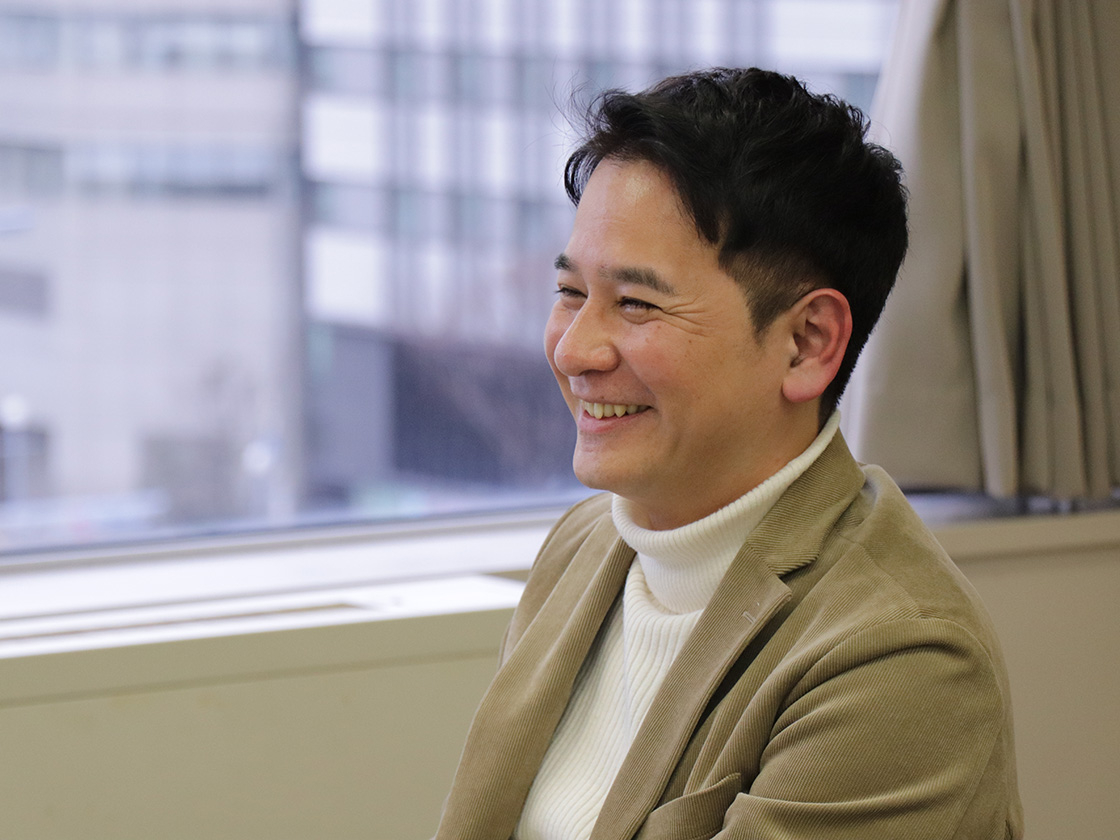 Professor Shingae talking about how to approach LGBTQ issues
Professor Shingae talking about how to approach LGBTQ issues
When your friend comes out to you, what is important is recognizing their strong trust in you
If someone close to you comes out to you, what attitude should you adopt? Professor Shingae said, “There is no one-size-fits-all answer, but there is one thing I can tell you: the reason they come out to you, despite the fact that in some cases it may destroy the relationship, is because they trust you. The important thing is to first recognize the fact that the person is telling you because they trust you. The person is coming out to you with their whole heart and soul, so I want you to try to accept that person as they are.”
Coming out may affect not only LGBTQ individuals who come out but also the family members or friends to whom they come out. Some find it difficult to come to terms with what they have heard. If they cannot handle it alone and take the wrong action, it can lead to something irreversible.
Dr. Shingae offered an example: “There was an incident at a university in which a man who came out to his friend jumped to his death from a university building because his friend told other people on LINE that he was gay. The act of revealing another person’s identity without permission is called outing, and it is something you should never do. If you are unsure of what to do, you can consult NPOs and other organizations involved in LGBTQ activities or look up necessary information in books or on the Internet, so please avoid outing others at all costs!”
Misperceptions are also serious in parent-and-child cases. When children come out or when parents realize that their children are sexual minorities, some parents respond in the wrong way, for example by taking their children to the hospital, thinking that they are sick or they need to be cured.
Dr. Shingae advised, “When you become an adult, you can verbalize your gender identity or sexual orientation to some extent and decide how you want to live your life, but small children often find it difficult to put their feelings and emotions into words and tend to be in a hazy state. If a parent responds in the wrong way, the child’s life may be threatened. Just as it’s important for LGBTQ people to touch base with others in their community for support, if your child or someone close to you is a sexual minority and you have questions or concerns, it can be very important and helpful to meet people who are in a similar situation.”
Once you realize that there are different values, you will see how you were bound by preconceived notions
Although society has changed, we may still be unconsciously trapped in the idea that “this is how a man should be” or “this is how a woman should be.” Do you have the idea that getting married and having children is the natural way of life? Professor Shingae said, “I think it must be tough to live your whole life tied down by such things. I have heard that some male students these days say that dating girls is troublesome. They say it is not cost-effective to pay for a date with someone if they do not know whether they will marry in the future. What surprised me when I heard this is that they still have the basic assumption that men should pay for dates. It can be hard to live in a value system where men should support women. I believe that sexual minorities often transcend such a value system and see things in a different dimension than the heterosexual way of thinking. I think that studying gender, feminism, and LGBTQ issues is extremely important in terms of realizing that there are different values.”
How have sexual minorities fought to change society? Learning about this can help heterosexual people realize how they are living their lives based on bounded values.
“LGBTQ people are sometimes forced to live difficult lives, but it is both challenging and interesting to be able to create new values and a new way of life,” said Professor Shingae. “Some LGBTQ people have withdrawn due to the trauma of bullying and are unable to work in society. For example, in the case of transgender people, it is sometimes difficult to get a job due to problems with toilets and changing rooms. There are issues related to employment and labor that cannot be lumped together as LGBTQ, and these issues can lead to poverty. There are many people who are working to remove such social barriers and create a world that is easier to live in. I believe that if these efforts spread and bear fruit, our society will be one where not only LGBTQ people but also everyone lives in the way they want to live. “If you are heterosexual and take a look at your own life when observing the diverse ways of life of LGBTQ community members, you yourself may get some hints on how to live more contentedly in the future.”
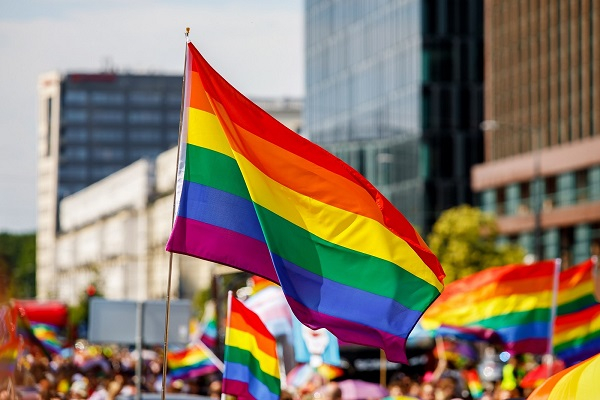 Social movements for LGBTQ rights are still taking place around the world.
Social movements for LGBTQ rights are still taking place around the world.
The perspectives of LGBTQ people are also attractive as a new value system. If people become aware of the values that bind them and are able to explore different possibilities, more people will be able to live freely, and society will change for the better as a result.
Researcher’s details
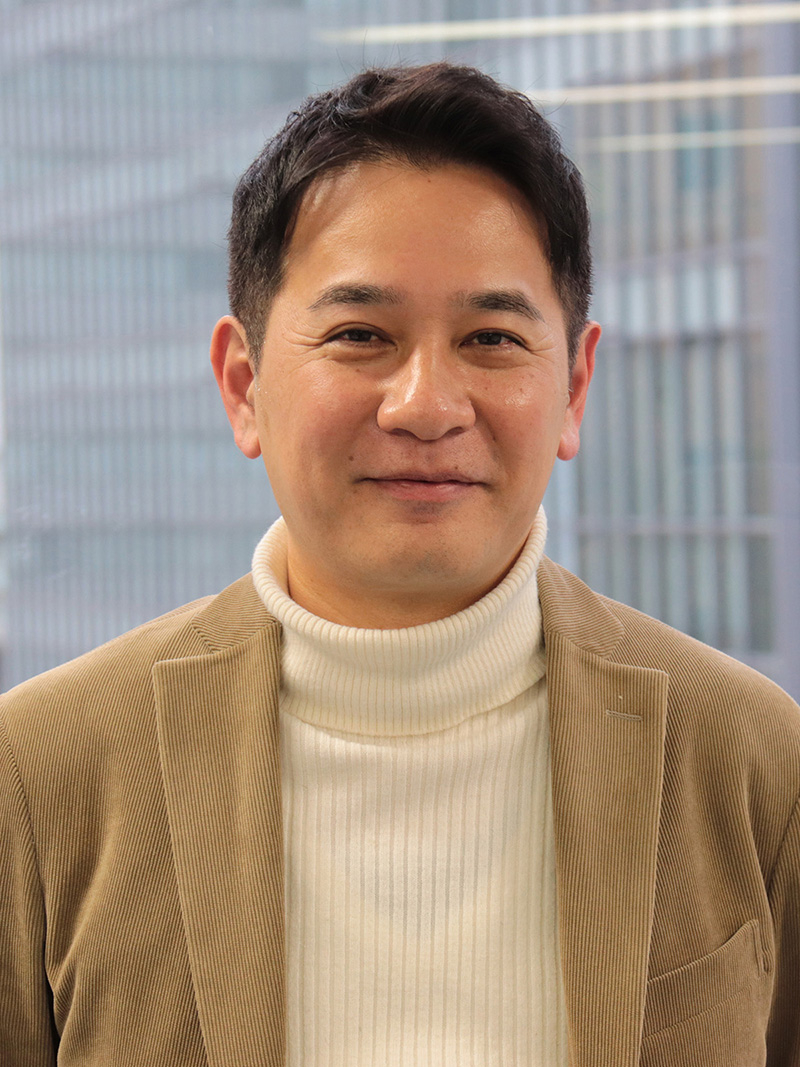
Professor Akitomo Shingae
Professor, Graduate School of Urban Management. Akitomo Shingae is a Doctor of Philosophy. After working as a visiting researcher at the Department of Anthropology, University of California, Berkeley, a research resident at the Japan Foundation for AIDS Prevention, and a specially appointed assistant professor at the Gender Equality Promotion Center of Nagoya City University, he was appointed to a faculty position at a graduate school at Osaka City University in 2015. He has been in his current position since 2022.
He specializes in gender/sexuality, cultural anthropology (medical anthropology), and cultural studies. His publications include Queer Activism: Hajimete Manabu Queer Studies no Tameni (Queer Activism: Learning Queer Studies for the First Time), published by Kadensha.
*Affiliation at the time of publication
SDGs
